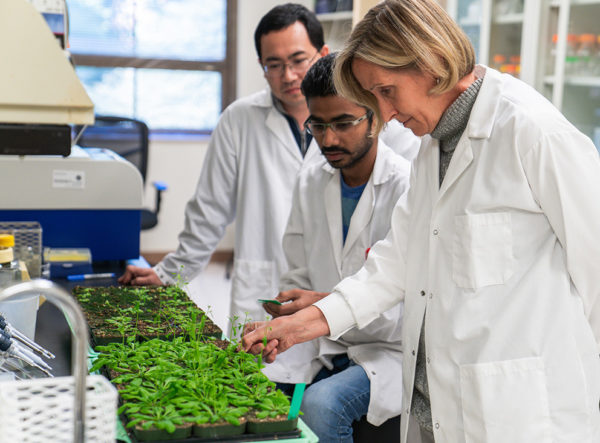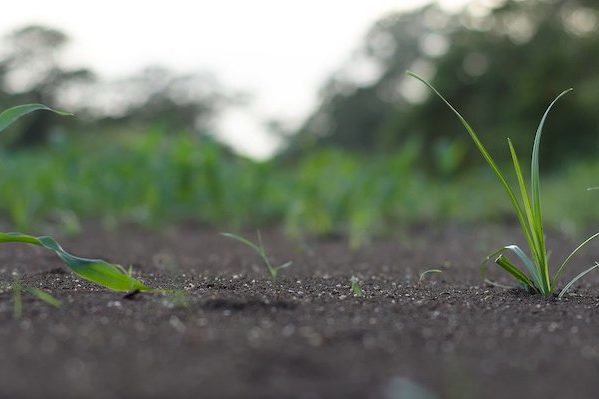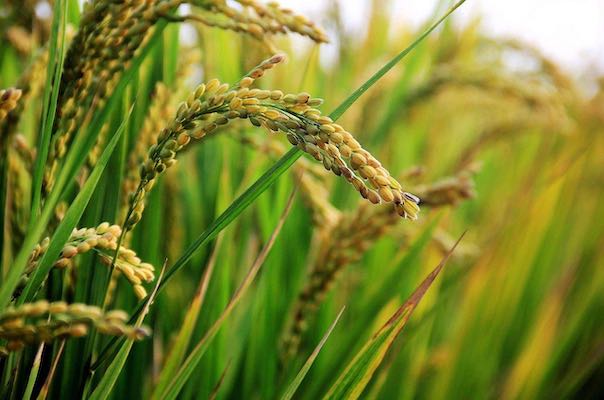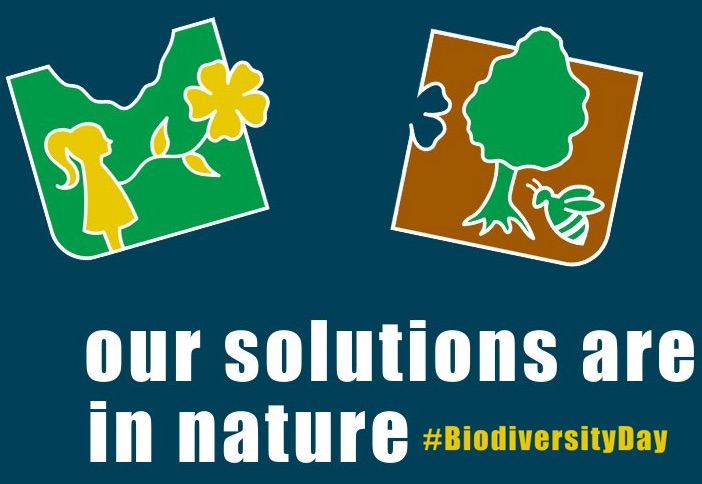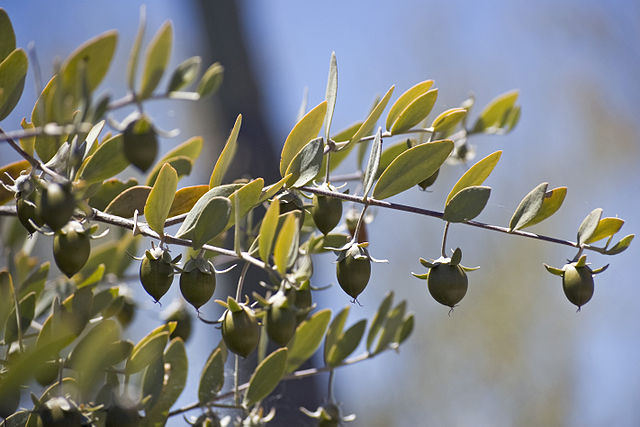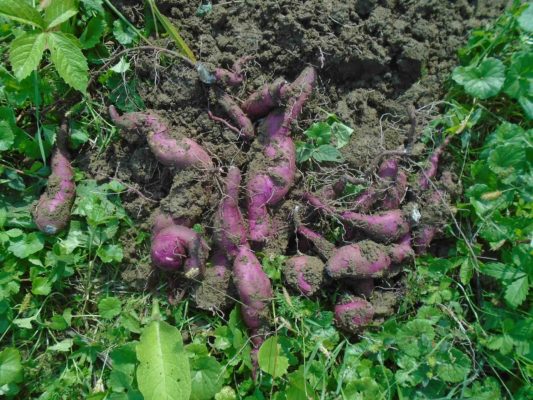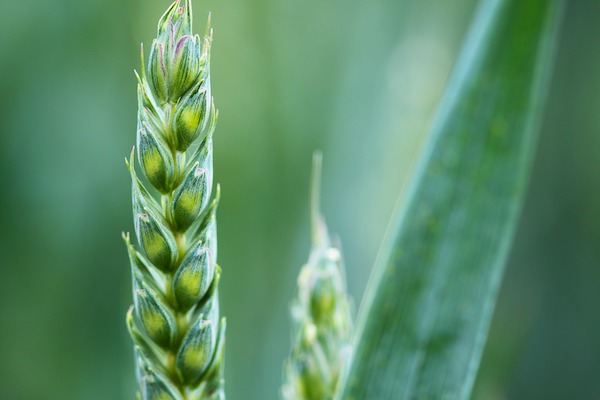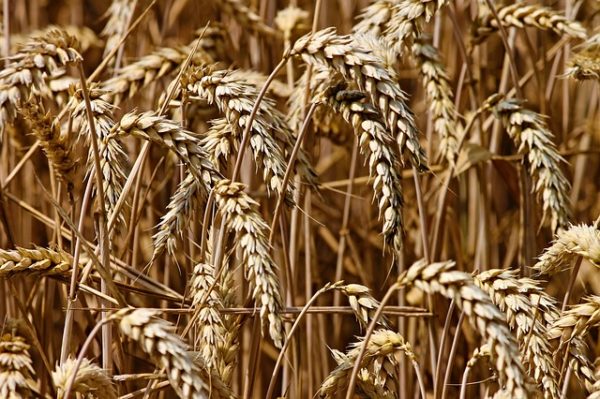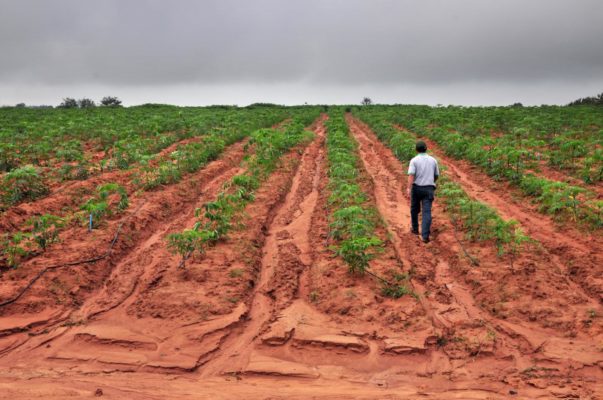
Some plants, like soybean, are known to possess an innate defense machinery that helps them develop resistance against insects trying to feed on them. However, exactly how these plants recognize signals from insects has been unknown until now. In a new study, scientists have uncovered the cellular pathway that helps these plants to sense danger signals and elicit a response, opening doors to a myriad of agricultural applications.


